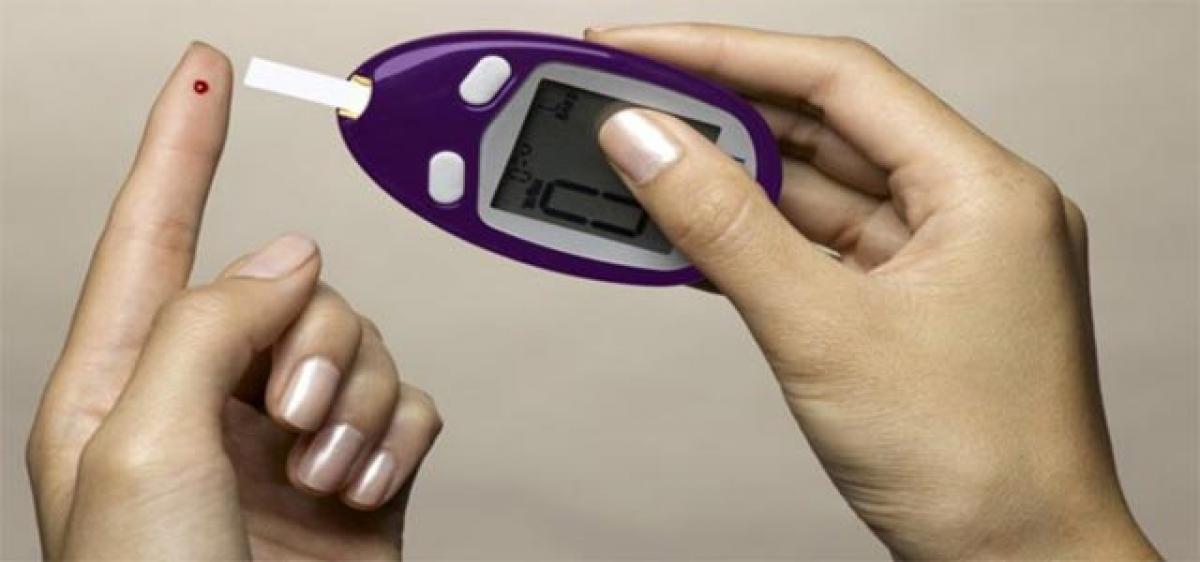Live
- Governor expresses grief over demise of Ramamurthy Naidu
- Free coaching to be provided at BC Study Circles in 26 dists
- Previous TTD board looted pilgrims’ money, slams Bhanu
- Will order a detailed probe into TIDCO irregularities: Narayana
- Naidu all praise for Modi
- Indian students' concerns about employment, safety, and visas discourage them from applying to UK universities
- Candlelight Concerts Makes a Dazzling Debut in Hyderabad with Sold-Out 'Tribute to Coldplay' Show
- Shubman Gill Sustains Thumb Injury Ahead of Perth Test; Devdutt Padikkal Joins Test Squad
- Unlock Loot Boxes, Diamonds, Skins, and More Exciting Rewards with Garena Free Fire Max Redeem Codes for November 16
- Regarding the DOGE Plan, Vivek Ramaswamy stated, "Elon Musk and I Will Take a Chainsaw to Bureaucracy"









